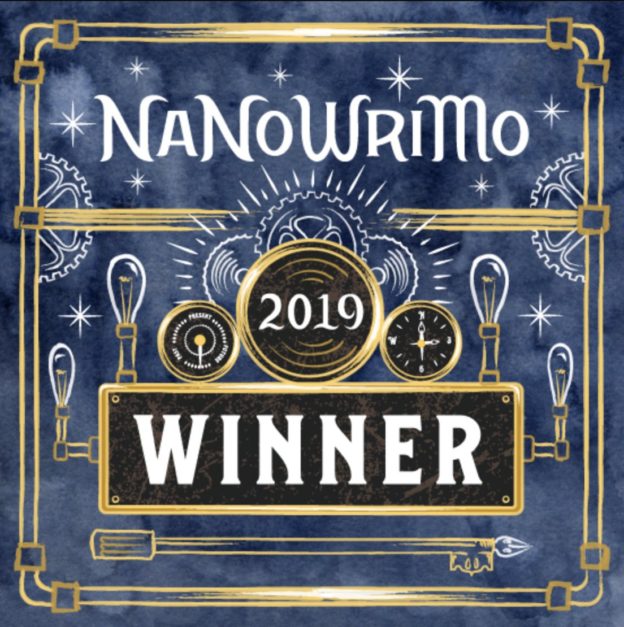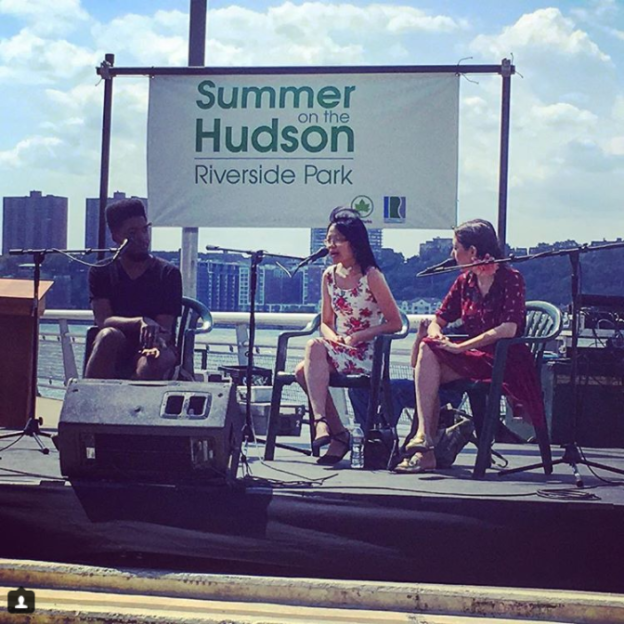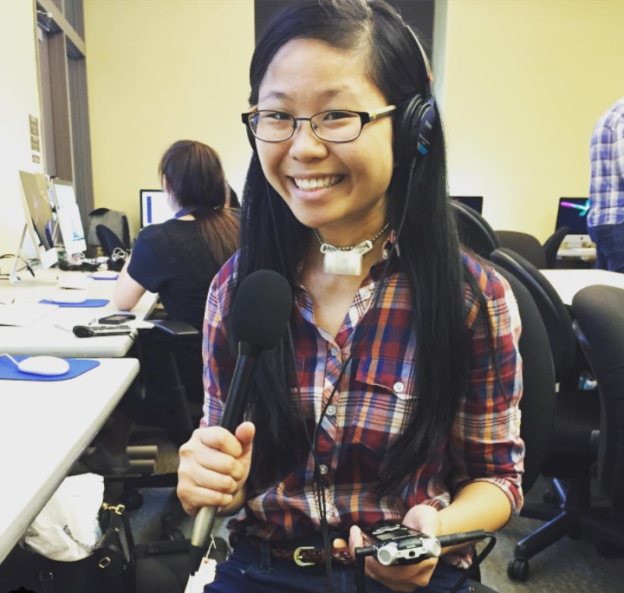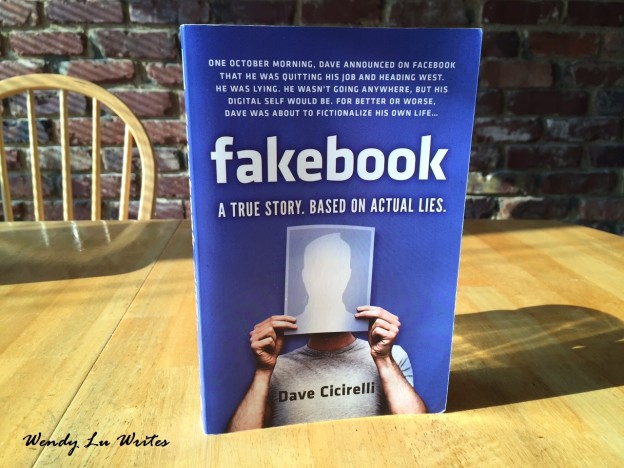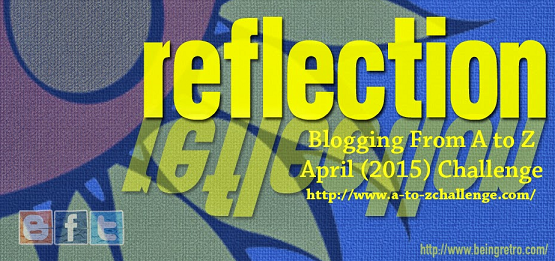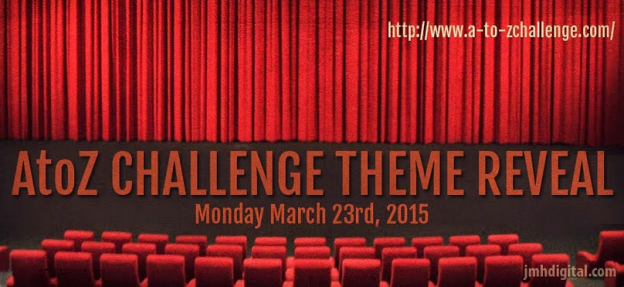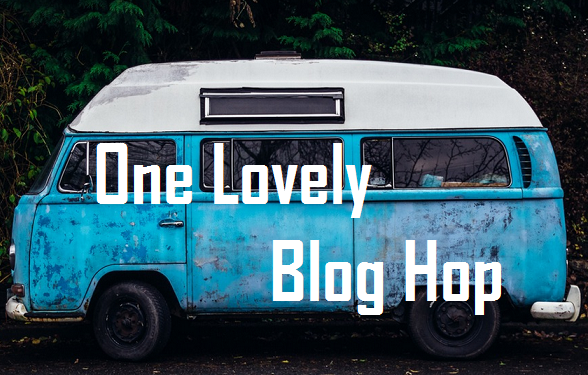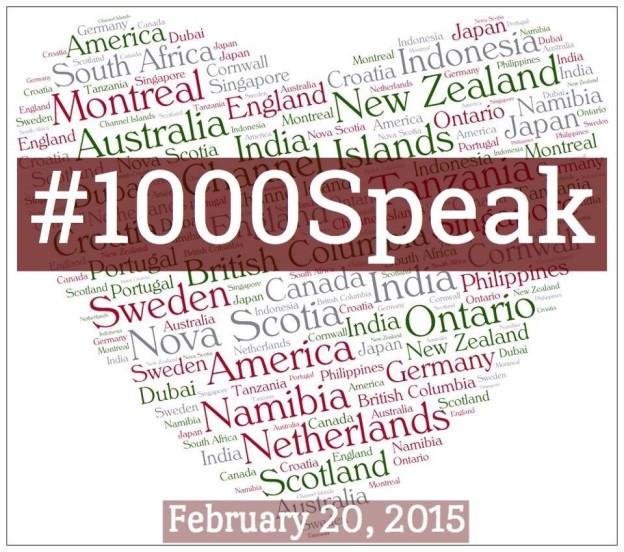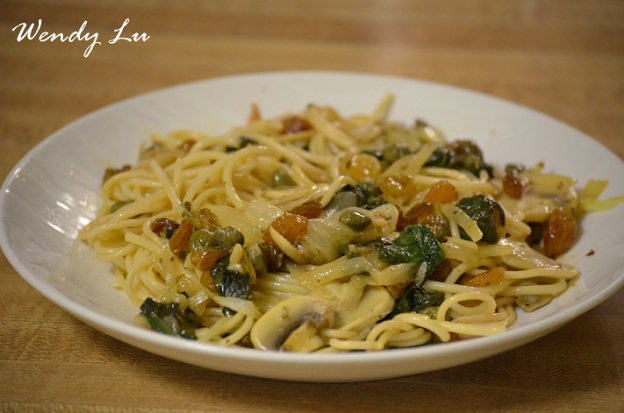If you’ve been a long-time follower of my blog, you may know that I’m a huge fan of National Novel Writing Month. In case you’re unfamiliar, NaNoWriMo is a global writing challenge where thousands of people around the world write a novel of 50,000 words (50k) during the month of November.
The first time I attempted NaNoWriMo and won, I was about 15 years old and Barack Obama had just won the 2008 presidential election. The book I wrote for it turned out to be the cheesiest, cringiest, most cliché romance novel you could think of — starring a teacher who’s recovering from heartbreak and a mysterious, brooding man who emotionally “saves” her and teaches her how to love again. Gross, right? This was way back before I even knew what feminism was and before I knew how to write beyond the tropes I saw in mainstream media.
I participated in NaNo a few other times, on and off throughout the years, but never quite as seriously as I did in 2008. I’d always wanted to write a memoir about growing up as a Chinese disabled woman in the United States, but I never got further than 20k words. School and work always got in the way — or so I told myself — as did my own constant anxiety about “just getting it done,” despite rarely sitting down to actually put in the work.
How I Got My Book Idea
Then, last summer, something changed inside of me: I wasn’t thinking about creative writing all that much, but I was starting to burn out from work and putting all of my energy toward disability reporting, public speaking and social media. It felt like I was just repeating the same message — “Disabled people are people, too,” “— over and over, and it was exhausting. I would get impatient and frustrated with politics, with people on all sides of the table (including progressives who would completely leave behind the disability community in their work), and with the world in general. Even though on a conscious level I knew a lot of progress had been made, it felt like we still had a long way to go.
Sometime in July, I channeled those frustrations into conceptualizing an idea for a book about a group of theater kids who are putting on their school’s fall play, and the main character is a talented disabled girl who’s vying for the lead role. (I was working on a story about disability representation in Hollywood at the time, which is probably where I came up with this idea.) It was different enough from the everyday news and politics stories I wrote and edited for work, but it still contained a plot about the things I’m passionate about the most.
It started out casually enough: I would daydream about the plot on my subway ride to work, brainstorm in the shower and jot down notes on my iPhone whenever ideas hit me. Unlike other aspects of my life, I had complete control over the narrative of this book — the characters, the setting, the conflict, the themes. It was exciting and challenging.
Very early on, I grappled with what category and audience I thought the book was best suited for. Should it be YA? That’s the ~*hot*~ category in the book world now, right? It definitely wasn’t a book for adults, and I didn’t want it to be. I already write for adults all the time as a journalist, and getting that core message across — “Disabled people matter!” — is honestly an everyday battle. I’ve learned that it’s incredibly difficult for grownups who have consumed harmful narratives about disability for their entire lives to change their mindsets.
But I wondered: What about kids? Childhood — especially middle school — is the period of time when we really absorb social norms and dig deep in our identities and sense of self-worth, right? I finally decided that my book would be an upper middle-grade novel for kids ages 10-13, not unlike the ones I used to pick off the bookshelf in my school’s library or order off of the Scholastic Book Fair catalogue. More than anything, I wanted to write a story that I’d wanted and needed as a disabled kid in integrated classrooms, but that I never saw.
This book became my NaNoWriMo project last November. It was a massive 30-day journey that required me to write an average of 1,667 words daily while also working 8 a.m. to 5 p.m., Monday through Friday, and even some weekends. This month was particularly busy because of Thanksgiving and unexpected work obligations. Even now, I can’t believe I actually pulled off. I remember thinking after the first week that it’d already felt like an entire month. On some days, I didn’t even start my writing of the day until 11 p.m. or even midnight. But with the right amount of dedication, pressure and support from my friends, I made it to 50,000 words.
Not only did I win NaNoWriMo, but I actually finished the first draft of my book! (50K to 60K is the average length of a middle-grade novel.) Right now, I am mentally getting to a place where I’m starting to edit and revise my novel. It’s going to be a huge undertaking that will take several months, if not the entire year.
Before I start that process, though, here a few lessons I learned about myself and my writing process during National Novel Writing Month in case other writers — particularly those who are also juggling a full-time job — are struggling:
1) I am an extreme plotter.
In the writing world, there are typically three camps of writers: plotters, pantsers and plantsers. Plotters are people who love to outline and map out every aspect of their story — the characters, the plot, every scene, the beginning, the ending. Pantsers like to fly by the seat of their pants (hence the term “pantsers”) and make things up as they go. Plantsers are somewhere in between.
I used to think I was a plantser. When I wrote my first NaNo novel in 2008, I only outlined a little bit and developed a basic plot, but I made up most of the details as I wrote. For NaNoWriMo last year, however, I developed my plot over the summer and then started outlining the whole thing in October, working on it a little bit every day until November came around. I created a detailed plan for who my main characters and supporting characters were, the background for their school, the town they lived in and all of the scenes.
Plotting beforehand helped tremendously. NaNoWriMo is all about momentum, and on days when I got stuck or wasn’t sure what else to write for a scene, I knew exactly where to go next. I didn’t have to stop and think, “Hmm, what’s the logical step forward?” I’d already done that work for myself beforehand.
I did end up adding more scenes to earlier parts of the book toward the end of NaNoWriMo. I finished writing the final scenes of my book just as I was hitting 40K, which meant I had still 10,000 more words left to go! I had to go back and make up a few more scenes, add more personality traits to characters, anything I could do to up my word count. But if I hadn’t mapped out everything else before the start of NaNoWriMo, I would’ve been even more lost.
2) High-pressure deadlines and fear of public shame are my biggest motivators.
I mostly already knew this about myself when it came to journalism and writing articles, but I didn’t know if it would work for a lengthy project with a marathon turnaround time. Self-discipline is typically hard for me since nobody else is pushing me. I feel like there are low stakes and the consequences aren’t that bad. And the reality is that nobody was going to come after me if I didn’t finish my book in November. I had very little to lose and a lot to gain.
Turns out, the 30-day deadline and decision to announce my project on social media were very effective. I documented my entire NaNoWriMo journey on Instagram Stories, which you can still view under the Highlights on my profile @wendyluwrites. I updated my progress every day, showed my word count tracker and shared both the good days and bad.
It was one of the best things I did. I had so many followers rooting for me and messaging me words of encouragement throughout the whole month. One of my friends told me she even checked my profile each day to read my updates — it was that suspenseful. Having that core group of people cheer me on kept me going, even on days when I hated everything I wrote or when I wrote only 300 words. (If you’re one of those people who followed along and didn’t give up on me, thank you! You’re the best.)
On the topic of deadlines, I have to give a shoutout to word sprints. During a word sprint, a group of writers compete to see who can write the most amount of words in a given amount of time (e.g. 15 minutes, 1 hour, etc.). I got in thousands of words just from doing word sprints alone. NaNo is about quantity rather than quality, so even though you may not be churning out the most beautiful, profound sentences, you still get into the zone and put all of your ideas down in some form or fashion. Even if that kind of pressure freaks you out, try it at least once — you might be surprised how much work you can get done.
3) I created my own writing ritual, which now vastly increases my productivity when I stick to it.
Before last November, I didn’t really believe in writing rituals. They seemed like more of a distraction rather than an aide. If you’re going to write, you sit down and write, right? (Sure — although look how far that got me before NaNoWriMo.) I decided on a whim at the start of NaNo to burn a candle next to my writing desk whenever I sat down to work — a nice little act of self-care to channel my inner Jo March. I picked an apple candle since it was fall and burned it almost exclusively for the whole month.
Then, something magical happened: That apple candle quickly became my go-to writing scent, and just the smell of it compelled me to sit down and write. In fact, it got to the point where if I didn’t have my apple candle burning, I wouldn’t have as successful of a writing day. Something about the smell and associating it with sitting down at my desk turned on the writing switch in my head. The candle burned out sometime around the third week, so I resorted to burning the closest-smelling candle with a gingerbread scent. I’m not saying my writing got worse after that, but I’m just saying there was a significant correlation!
4) “I don’t have time” is no longer a valid excuse for me to not write anymore.
In the past, writing for any reason other than work used to make me feel guilty. I would tell myself, “I’ll only journal after I finish this article,” or “How can I make time to work on my novel if I can’t even finish this piece for my editor?” Part of the struggle was that I use time outside of my everyday job (I’m an editor myself) to write stories — that means weekends and evenings. As a journalist, I feel a constant sense of urgency in writing about the news because that’s the nature of our industry. But when my whole life is consumed by news, it weighs me down.
Fortunately, doing NaNoWriMo meant I was forced to make time to write my goddamn novel. I had to. And that’s when I learned (finally) that it wasn’t not having enough time that was the issue — it was my inability to prioritize my writing each day with the set amount of time that I had.
In the end, not only did I find the time to write — and finish — the first draft of my novel in a month, but I also got to write an important story for work and I spoke at a conference and I attended family festivities for Thanksgiving. Don’t get me wrong — it was a hard freaking month, and there were absolutely days when I didn’t get to write as much or I had to make sacrifices, whether that was sleep, Netflix or time with friends. But I realized I have a lot more control over what I spend my time on, and if I really want to get shit done, I will.
5) I have to write a first draft before I edit anything.
Having so many things going on at the same time meant I couldn’t be too hard on myself during NaNoWriMo when my goal was to complete a whole draft. Even when I knew there were parts that wouldn’t work or that I needed to change, I wouldn’t have known that if I hadn’t written them in the first place. As I look over my draft in Scrivener now, I see just how many notes I made on the side — alternative sentences, thoughts that I imagine are running through my characters’ heads, dialogue that I want to flesh out more, etc. Jotting these down first put less pressure on myself to make those decisions and changes right away. I could just keep going and then come back later — and that’s where the revision process comes in.
That’s it! Those are the five things I learned from doing National Novel Writing Month. Again, if you’re interested in keeping up with my editing process and other writing adventures, follow me on Instagram. Thanks so much again to everyone who’s been so supportive, and I’m excited to keep working on my novel again!






